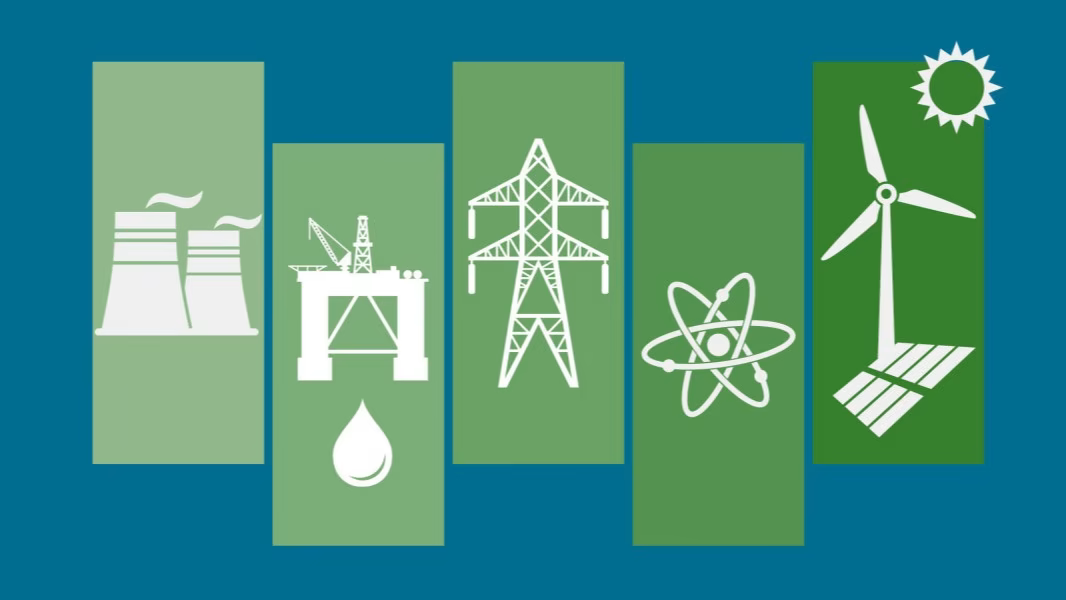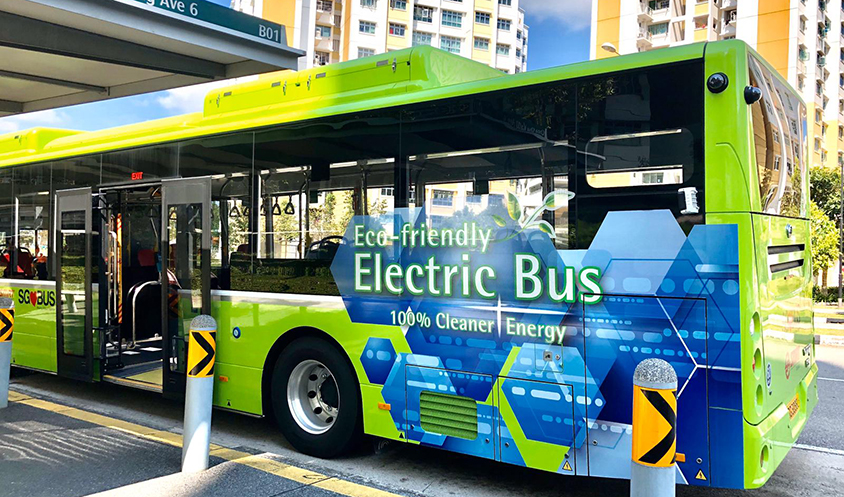 PolluCheckMY
PolluCheckMY
 PolluCheckMY
PolluCheckMY
Shifting from fossil fuels to renewable energy sources such as solar, wind, and hydropower can significantly reduce air pollution. These clean energy alternatives produce little to no emissions during power generation, effectively mitigating pollutants like sulfur dioxide (SO2), nitrogen oxides (NOx), and particulate matter (PM).

Enforcing stringent emission standards for vehicles, industries, and power plants can help reduce air pollution. Regulations that mandate the use of advanced emission control technologies, promote cleaner fuels, and set limits on pollutant emissions can effectively curb harmful releases into the atmosphere.

Developing efficient and accessible public transportation systems can reduce the reliance on private vehicles, thereby decreasing vehicle emissions. Additionally, promoting walking, cycling, and other forms of active mobility can contribute to lower pollution levels and improve overall air quality in urban areas.

Proper waste management, including reducing, reusing, recycling, and safe disposal of waste, is essential to prevent the release of pollutants into the air. Encouraging waste segregation, implementing recycling programs, and adopting modern waste treatment technologies, such as anaerobic digestion and incineration with energy recovery, can help minimize air pollution from waste sources.

Educating the public about the causes and consequences of air pollution is crucial for fostering behavioral changes that reduce pollution levels. Encouraging energy conservation, promoting responsible consumption patterns, and advocating for eco-friendly practices at home, work, and schools can contribute to significant improvements in air quality.
